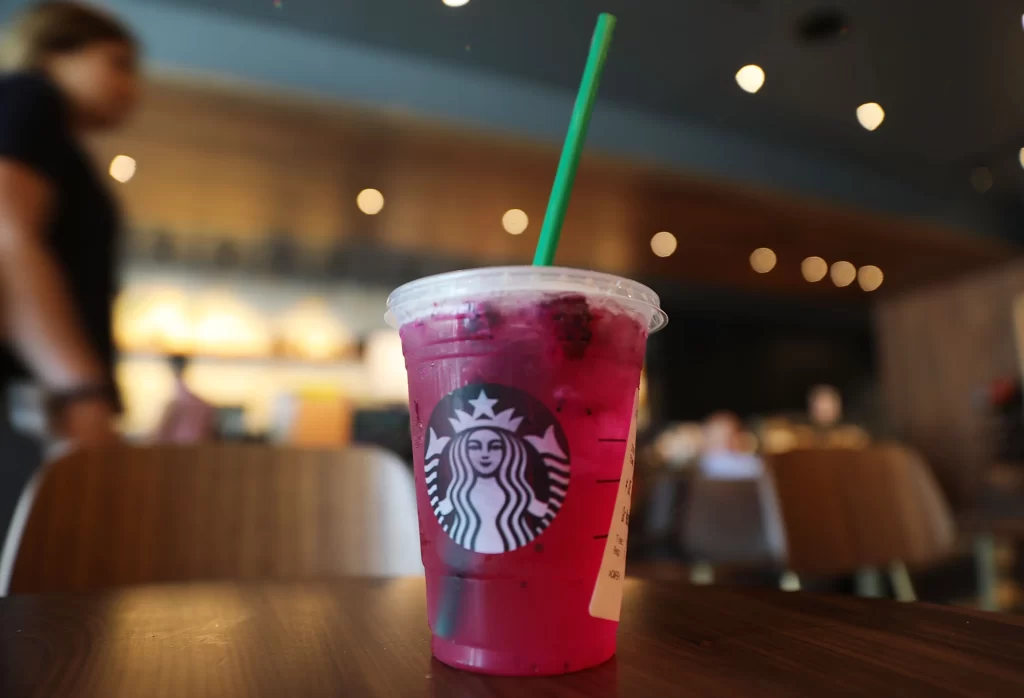Starbucks Faces Lawsuit Alleging Absence of Fruit in Fruit Drinks
By James Pebenito • September 19, 2023
Starbucks Faces Lawsuit Alleging Absence of Fruit in Fruit Drinks
Starbucks, the multinational coffee conglomerate, is in hot water after a federal judge ordered the business to defend itself against a lawsuit alleging that fruit is missing from some of their Refresher fruit drinks.
Starbucks’ bid to have nine of the 11 claims in the proposed class action lawsuit dismissed was rejected by U.S. District Judge John Cronan, who presided over the case in Manhattan, in a decision that was released on Monday. According to Judge Cronan, “a significant portion of reasonable consumers” would naturally assume that beverages featuring the word “fruit” in the name would contain actual fruit.

Products with Ingredient Names Can Be Confusing
Judge Cronan also noted that it was reasonable to expect consumers to be confused in this situation. The names of some goods that Starbucks sells include the ingredients; examples are the “Ice Matcha Tea Latte,” which contains matcha, and the “Honey Citrus Mint Tea,” which has both honey and mint. According to this, people may logically anticipate that drinks featuring the word “fruit” in the name will actually contain fruit.
The Charges and the Legal Action
Starbucks is being sued on the grounds that its Refresher fruit drinks, which come in flavors like “Strawberry Acai,” “Mango Dragonfruit,” and “Very Berry Hibiscus,” don’t actually include any fruit. Instead, it is alleged that the beverages rely on fruit flavorings and chemicals, which the plaintiffs contend deceive consumers.
A Closer Examine of the Lawsuit
The case is a crucial legal test for Starbucks because it requests class-action status. If it goes through, it might have significant ramifications for the corporation as well as the larger food and beverage sector since it emphasizes the value of truthful and accurate product labeling and marketing.
The legal dispute between Starbucks and customers over the lack of fruit in its fruit drinks serves as a reminder of how crucial precise and obvious product labeling is in the food and beverage sector. The fact that U.S. District Judge John Cronan let the lawsuit to move forward after making his decision suggests that customer expectations about product names might affect legal outcomes. The lawsuit’s development will be keenly followed for any potential effects it may have on how businesses label and sell their goods, particularly those whose names prominently incorporate particular substances.



